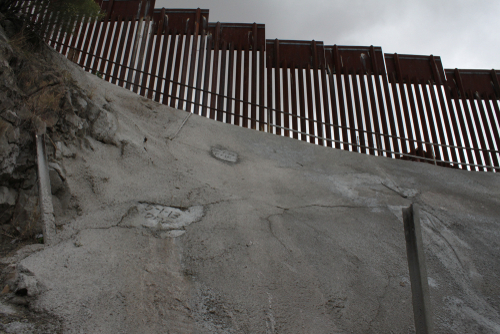
U.S. Rep. Eli Crane (R-AZ) introduced this week border security legislation that seeks to focus on countering underground smuggling tunnels.
The Subterranean Border Defense Act (H.R.7404) would specifically push for annual reports to Congress on efforts made to counteract illicit cross-border tunneling. Since 1990, law enforcement have uncovered more than 140 tunnels that have successfully breached the U.S. border, with numbers trending significantly upward since 2008.
“As terrorists, cartels, and smugglers develop new ways to infiltrate our country, the U.S. must stay on the cutting edge of security technology to protect our citizens and our infrastructure,” Crane said. “I’m proud to be able to champion one more deterrent on our southern border that will play a crucial role in keeping Arizonans safe.”
Customs and Border Protection (CBP) takes the lead in dealing with cross-border tunnels, working to dismantle them amidst its other border security endeavors. As a result of the National Defense Authorization Act for FY 2023, CBP was required to submit its first report to Congress with a strategic plan for countering these tunnel operations, and led to the formalization of other authorities, processes, technologies and resources to crack down on them.
H.R. 7404 is backed by nine other legislators, including U.S. Rep. Lou Correa (D-CA) – the top Democrat on the House Border Security and Enforcement Subcommittee and the bill’s sole backer from his party.
“It’s clear that human traffickers and illegal drug smugglers have developed dynamic ways to evade capture—making it urgent and necessary that we adapt to defend against their attempts to breach our border,” Correa said. “I’m honored to be leading this bipartisan effort, alongside Rep. Crane, to help improve our efforts to counter these tunnels and those who rely on them, and protect the lives of those on both sides of our border.”
The bill was referred to the House Committee on Homeland Security.




